Log in or create new account to save this product to your wishlist.
Dogs Eating Grass: Why do they do it?
Dogs eat anything - we all know that. But what has given the appetite for chomping on our grass? Find all about it here.
Latest articles
7 MIN 22 Jul How to keep your lawn in shape this summer 9 MIN 15 Jul Watering Your Garden: 10 Top Tips! 11 MIN 15 Jul Is Your Grass Type Right for your Garden? 11 MIN 10 Sep Create Your Low-Maintenance Garden – Tips and Ideas 11 MIN 08 Sep The Ultimate Guide to Choosing the Perfect Hedges for Your Garden 12 MIN 30 Aug The Top 20 Evergreen Climbers to Transform Your GardenWithout being unduly harsh, dogs aren’t generally known for their vast intelligence. Most dog owners will agree. Dogs eating grass is a common occurrence because – let’s face it: sometimes, it seems they’ll eat absolutely anything.
From stones to – well, let’s just say they’re happy when they’ve been running through a field populated by cows – dogs will eat most things if given the opportunity.
Dogs eat grass. It’s almost as certain as bears doing their business in the woods.
But why do they do it? Is it bad for them? And should you be doing anything to prevent them from munching on your beautiful lawn?
This article is all about dogs eating grass and how you might stop them if they’re ruining your prized lawn.
Is eating grass bad for a dog?

It’s commonly believed that dogs eating grass is a sign of illness. Some people think that they eat grass to consciously make themselves sick due to an upset stomach. After all, dogs aren’t always particularly discerning when it comes to diet.
And while there is an element of truth in that theory, less than 10% of grass-chomping canines are sick before eating grass. And fewer than 25% of dogs will vomit AFTER a graze on the green stuff.
Grass in its natural state is not usually bad for your dog. They most likely eat it because they like the taste. However, if your dog is continuously vomiting up grass and has gone off their food, then it’s a surer sign that something’s up, and we advise you to consult your vet.
However, your dog can pick up some nasty parasites from eating grass. Ensure that they’re protected from lungworm, passed on from eating grass-dwelling larvae in infected snails, frogs, and slugs. Most standard worm or flea treatments available from pet shops don’t protect against lungworm.
Check your fertiliser packet
I mentioned earlier that grass in its natural state isn’t usually bad for your dog. But, it can depend on the chemicals you apply to your lawn.
We spend a lot of time caring for and nurturing the perfect lawn, and sometimes, we use harsh chemicals. All of MOOWY’s fertilisers are pet-friendly, but always read the label before you use a new product.
Having said that, our fertilisers are pet-friendly; it’s probably still a good idea to discourage your dog from nibbling on your lawn directly after application.
So, always check the packet, especially if you’re using weed- or moss killer.
How do I stop my dog from eating grass?
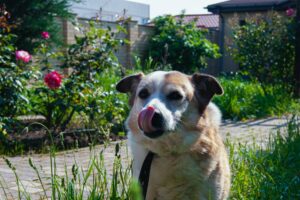
One of the likely reasons for dogs eating grass is boredom, which is easily remedied.
Make sure your furry friend gets plenty of exercise – just letting them burn off energy by running around the garden may not be enough. Take them for long walks if you can (or get someone else to do it if you don’t have the time).
Providing toys for your dog to play with inside will help them burn energy and keep them engaged. You could even provide them with food puzzles that keep your dog occupied while rewarding them with treats.
Dogs eating grass: it could be dietary
Alternatively, your dog may be eating grass because of a dietary deficiency. They may be instinctively treating intestinal worms or improving their digestion. Or they may need fibre, provided perfectly by your prized lawn.
One particular study suggests that the need for fibre is a strong argument. A miniature poodle had been eating and vomiting grass every day for seven years. They were put on a high-fibre diet, and within three days, they stopped eating grass altogether.
So, you could try checking the fibre content of their regular meals and swapping it for a higher fibre alternative.
The Health benefits of grass (for dogs!)
We don’t really associate dogs as plant eaters, but dogs are – in practice – “facultative omnivores”, meaning that they derive nutrition from plant-based foods (but they are NOT vegans!).
Plants and grasses supplement your dog’s meaty diet with fibre (as mentioned), vitamins, minerals, amino acids, enzymes, and antioxidants!
For example:
- Vitamins: wheatgrass contains B, C, E, and K vitamins.
- Minerals: wheatgrass contains trace elements of copper, selenium, iron, magnesium, sulfur.
- Amino acids: again, wheatgrass contains 17 amino acids – the building blocks of protein. 7 out of those 17 are essential for optimal canine health
- Enzymes: helping your dog gain maximum nutrition from their food,
- Antioxidants: compounds that slow or prevent cellular damage.
Do you want more information?
We hope that you’ve got everything you’ll ever need to know about dogs eating grass from our little blog here. But if you have any questions related to grass and lawn health, don’t hesitate to get in touch.
We’d love to hear from you!
Thanks for reading!
Leave a comment
Your answer will be displayed on the site and the interested party will be notified by email.
Leave a comment
Have a question or want to share your experience? Leave us a comment.
Read more
The best tips and tricks for a lush green lawn
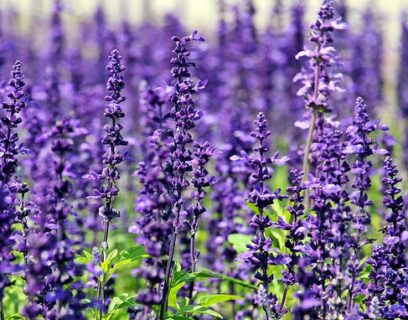 7 MIN
13 Sep
Lavender Cuttings: a step-by-step guide
7 MIN
13 Sep
Lavender Cuttings: a step-by-step guide
 11 MIN
10 Sep
Create Your Low-Maintenance Garden – Tips and Ideas
11 MIN
10 Sep
Create Your Low-Maintenance Garden – Tips and Ideas
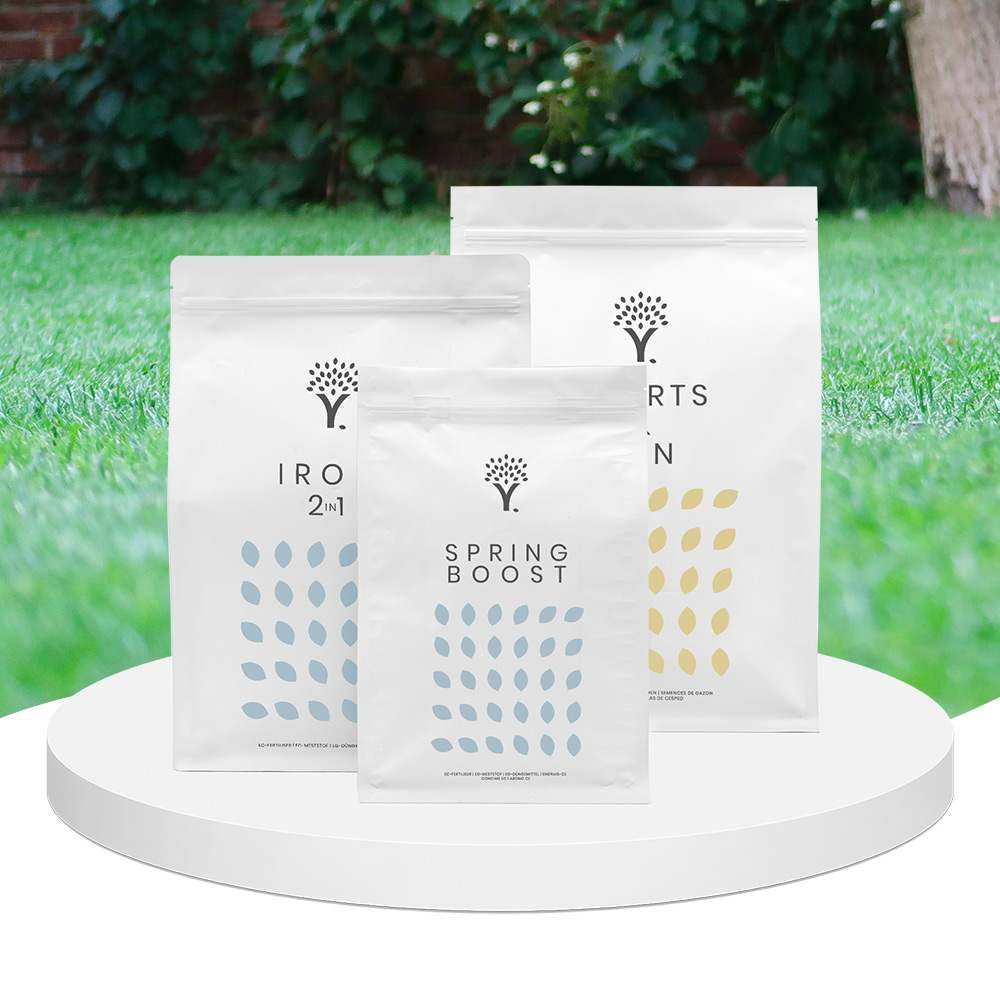 Scarifying Kit
All products after scarifying | Quickly restores the lawn after scarifying | Outsmart weeds quickly with the use of this kit
From: € 39.99
Scarifying Kit
All products after scarifying | Quickly restores the lawn after scarifying | Outsmart weeds quickly with the use of this kit
From: € 39.99
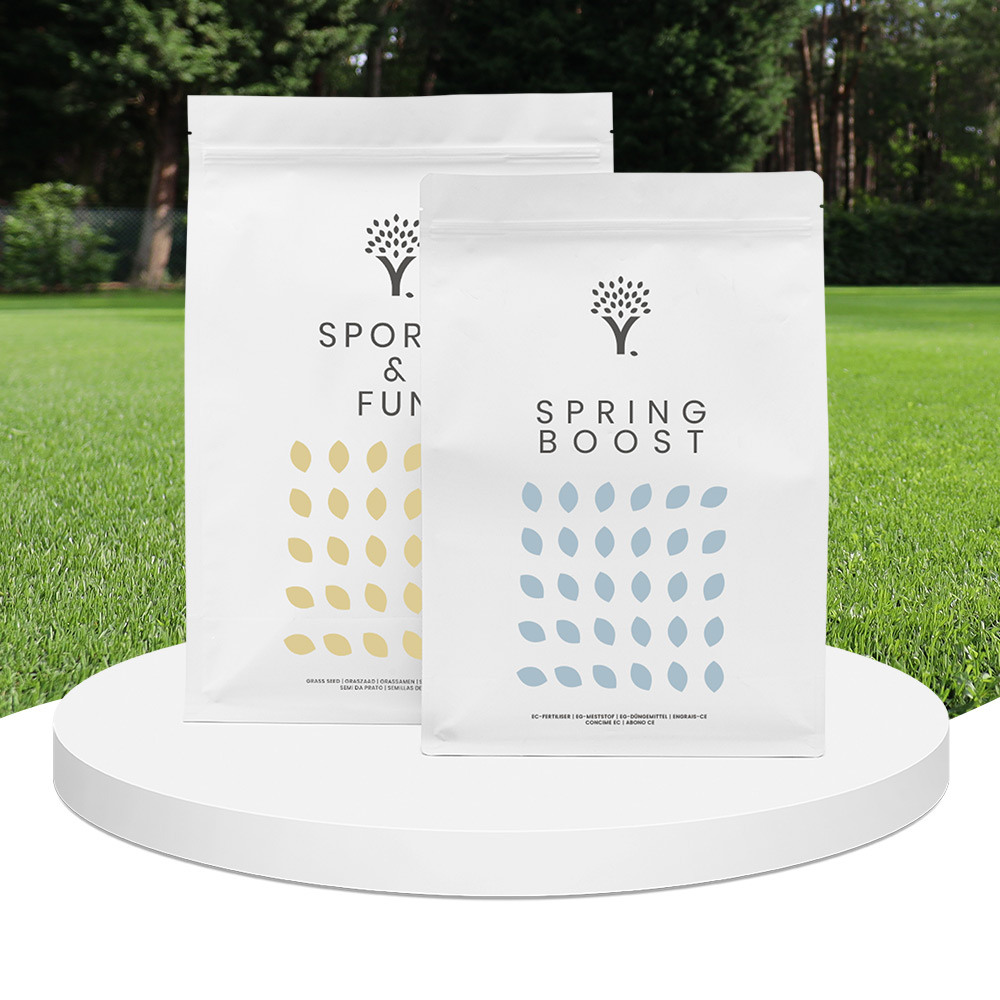 Spring Lawn Care Kit
MOOWY’s choice for the spring | Quick recovery of your lawn after winter | A strong lawn prevents weeds
From: € 25.99
Spring Lawn Care Kit
MOOWY’s choice for the spring | Quick recovery of your lawn after winter | A strong lawn prevents weeds
From: € 25.99
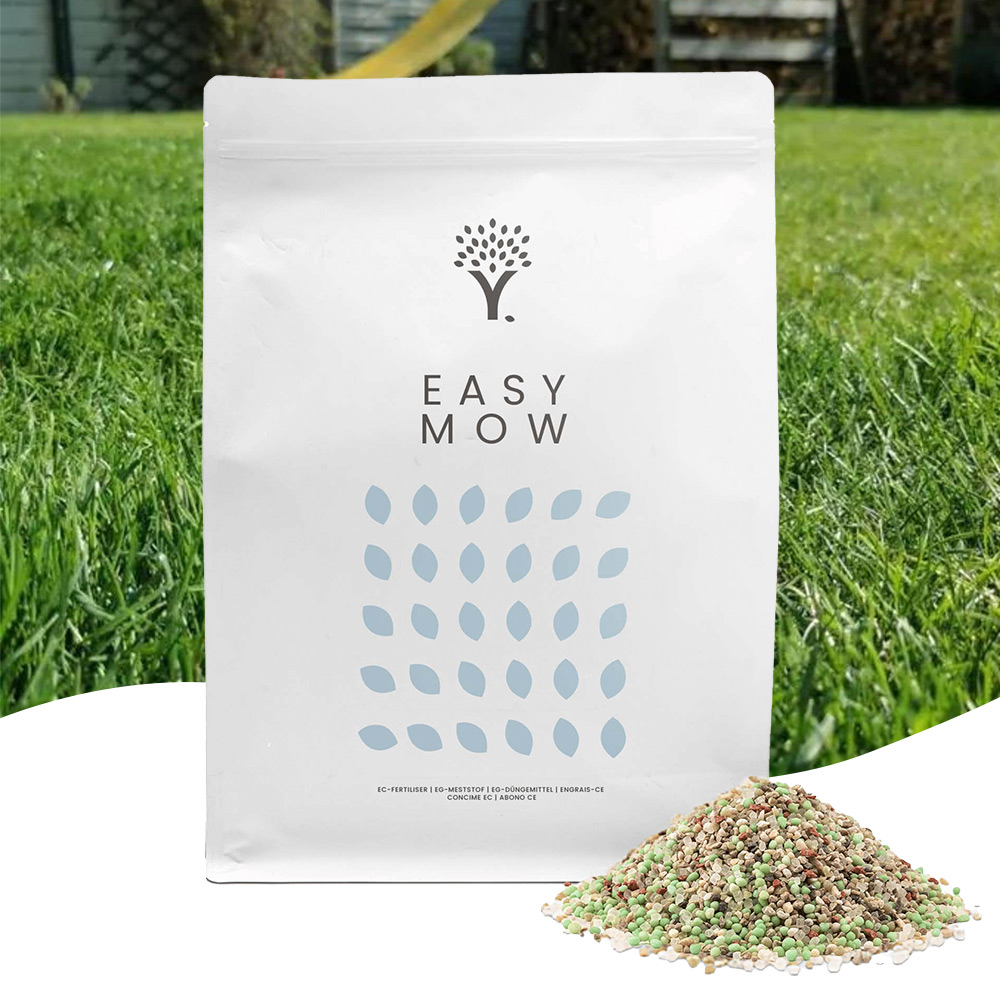 Long Lasting Lawn Fertiliser
Effective for 90 days | See results in 14 days! | Suitable for all types of grass and soil
From: € 13.99
Long Lasting Lawn Fertiliser
Effective for 90 days | See results in 14 days! | Suitable for all types of grass and soil
From: € 13.99
Do you want a lawn calendar?
🌱 All important maintenance moments for your lawn during the year. Leave your email and we will send you the lawn calendar for free.
Enter your email
Receive the lawn calendar in the mail
Enjoy a green lawn all year round!




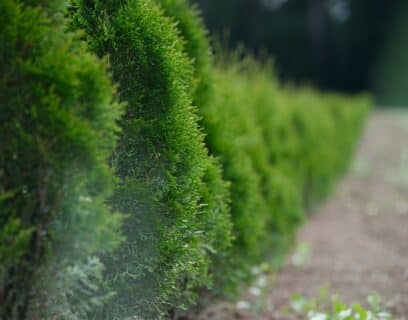

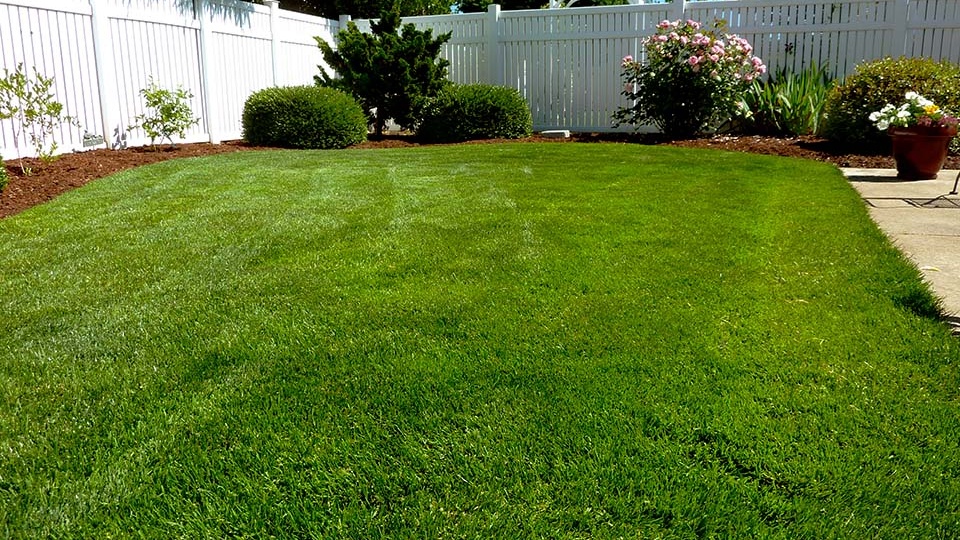
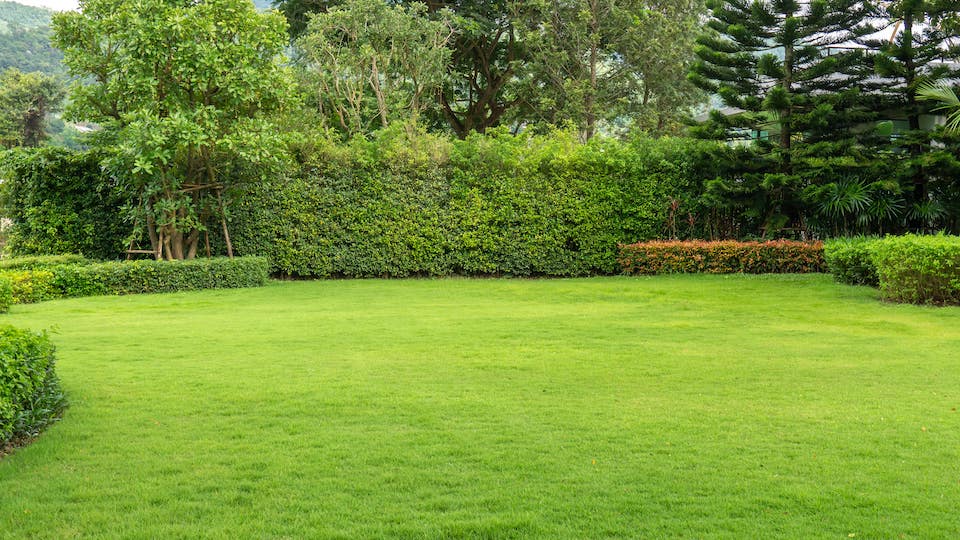
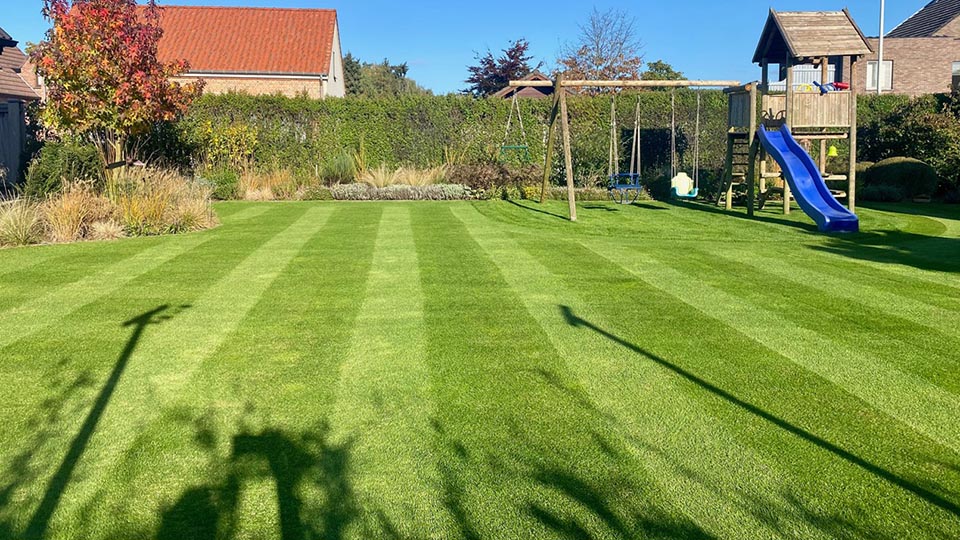
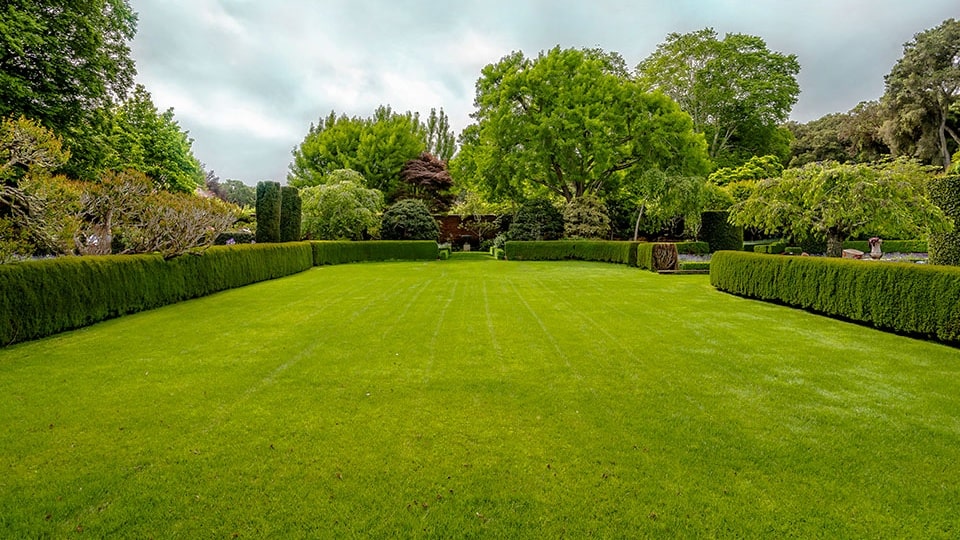
Comments (0)
There are no comments yet. Well then, what are you waiting for to
Be the first to write your comment!inaugurate this pretty page?
Do you have some comments?